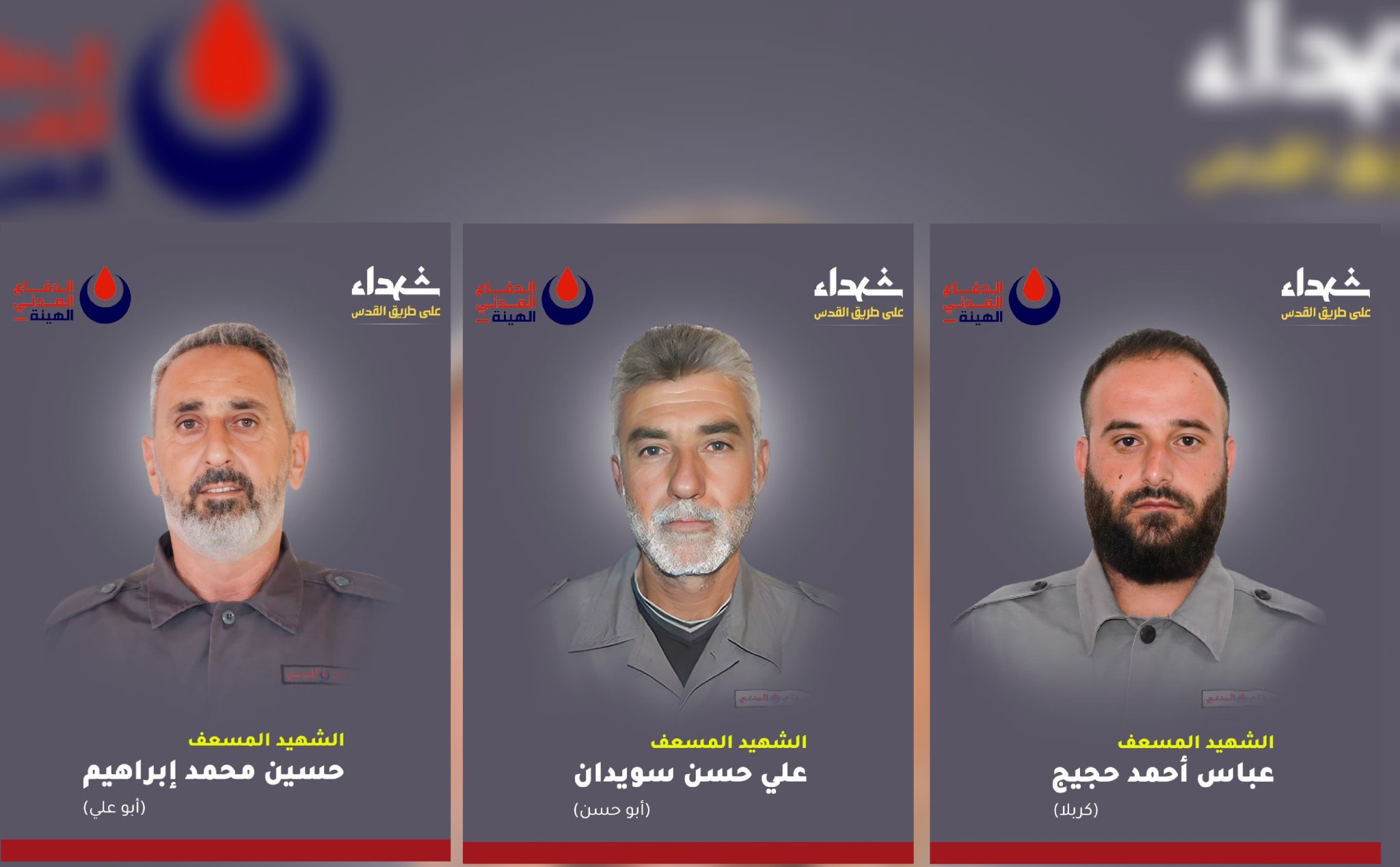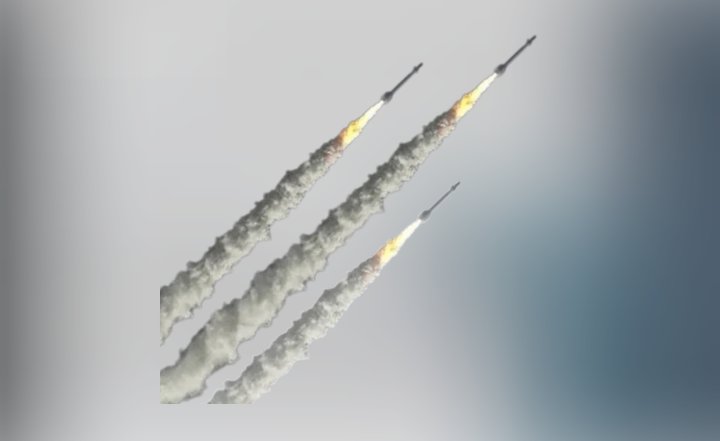NOVANEWS
BY MITCHELL PROTHERO
McClatchy

Lebanese men run to remove dead bodies from burned cars, at the scene where two explosions have struck near the Iranian Embassy killing several, in Beirut, Lebanon, Tuesday Nov. 19, 2013. The blasts in south Beirut’s neighborhood of Janah also caused extensive damage on the nearby buildings and the Iranian mission.
HUSSEIN MALLA — ASSOCIATED PRESS
BEIRUT — A Western intelligence agency gave Lebanese government authorities audio evidence that al Qaida-style militants were planning attacks on targets related to Hezbollah over the last two weeks, but the warnings, which were passed to Hezbollah, failed to prevent the bombing Tuesday of the Iranian Embassy, which killed more than 20 people.
The warning, which tracks similar cautions from American intelligence to the Lebanese government first reported by McClatchy in July, was first reported by the Lebanese newspaper al Safir. Lebanese and Western intelligence officials confirmed the report.
The report did not identify the Western intelligence agency, but it said that audio the agency gave to the Lebanese government caught a Saudi organizer with links to al Qaida in the Arabian Peninsula attempting to coordinate an attack with a local militant group, the Abdullah Azzam Brigades. The targets were associated with Hezbollah and Iran in retaliation for their support for the government of President Bashar Assad in neighboring Syria.
According to a local security official who asked to remain anonymous because he did not have permission to talk to reporters, the captured conversation was between Ahmed al Suedi, a Saudi national who’s been described as AQAP’s liaison and coordinator in Lebanon, and Abdullah Azzam’s top leader, Majed al Majed.
“We were given a specific warning about these men and a plot,” the security official said. “That information was passed on to all important parties as we are obligated to do as the Lebanese government.”
The Lebanese newspaper said that parts of the warning might have gone unheeded because of confusion over whether the plot would involve a suicide bomber or a booby-trapped car. Tuesday’s attack featured a suicide bomber on a motorcycle that struck the security checkpoint in front of the embassy, killing several Iranian and Hezbollah security guards. A second suicide bomber then drove an explosives-laden car through the checkpoint and toward the embassy before detonating, killing onlookers and emergency personnel who’d reacted to the first explosion.
The blast killed at least 23 people, including the Iranian cultural affairs attache, and apparently just missed the Iranian ambassador.
Although the U.S. State Department has designated Hezbollah a foreign terrorist organization, the United States maintains good relations with the Lebanese government – despite Hezbollah’s participation. Within this context, a warning about an attack from an American or Western intelligence service to Lebanon would hardly be unusual, according to a former British special forces soldier who has worked to train Lebanese security teams both officially when he was in the military and since his retirement.
“There’s always a transfer of information if you think it can save innocent lives,” he said, asking that he not be identified for security reasons.
“This is not to say that the Americans or U.K. would call up Hezbollah and tell them, ‘Oh, Israel broke your codes and know where your leaders are,’ but in the case of al Qaida, they’d certainly feel obligated to inform Lebanon’s elected government even if they knew that information would go to Hezbollah.”
A Hezbollah security commander who is responsible for several important sections of southern Beirut confirmed the tip.
“We have warnings about specific people or cars all day,” said the official, who spoke on condition of anonymity because he was not authorized to talk to a reporter. “Some come from the (military intelligence), others Hezbollah finds on its own. Some might come from foreign governments, but Hezbollah does not have direct contact with America.”
When asked if the group had received a specific warning about the Iranian Embassy, the official demurred. “There are warnings every day, we take them seriously because of the number of (extremists) who want to attack us,” he said.
Another Hezbollah security official who closely follows Sunni Muslim militants in Lebanon said that the Abdullah Azzam Brigades, named for a Palestinian preacher who mentored Osama bin Laden and raised massive Islamic awareness for the 1980s war against the Soviet occupation of Afghanistan, said he considered the name to be a signal of al Qaida involvement.
“Majed and this Saudi have both attempted to form factions here before but never could organize the Lebanese Sunnis,” the official said. He declined to be named because he was not authorized to talk to a reporter. “We think that they use this name to take credit for operations, but maybe there is no (actual) group.”
In an investigation into the battle between the Lebanese government and another al Qaida offshoot for control of the northern Nahr Bared refugee camp in 2007, Lebanese authorities found that al Qaida had concluded then that the Abdullah Azzam organization was too disorganized and powerless to be effective.
“They were told in 2007 to forget trying to start a proper al Qaida organization here,” the official said. “The groups were too infiltrated or disorganized. But it seems like both Majed and Suedi have stayed in place and now plan operations for al Qaida in Lebanon.”
The warning, which tracks similar cautions from American intelligence to the Lebanese government first reported by McClatchy in July, was first reported by the Lebanese newspaper al Safir. Lebanese and Western intelligence officials confirmed the report.
The report did not identify the Western intelligence agency, but it said that audio the agency gave to the Lebanese government caught a Saudi organizer with links to al Qaida in the Arabian Peninsula attempting to coordinate an attack with a local militant group, the Abdullah Azzam Brigades. The targets were associated with Hezbollah and Iran in retaliation for their support for the government of President Bashar Assad in neighboring Syria.
According to a local security official who asked to remain anonymous because he did not have permission to talk to reporters, the captured conversation was between Ahmed al Suedi, a Saudi national who’s been described as AQAP’s liaison and coordinator in Lebanon, and Abdullah Azzam’s top leader, Majed al Majed.
“We were given a specific warning about these men and a plot,” the security official said. “That information was passed on to all important parties as we are obligated to do as the Lebanese government.”
The Lebanese newspaper said that parts of the warning might have gone unheeded because of confusion over whether the plot would involve a suicide bomber or a booby-trapped car. Tuesday’s attack featured a suicide bomber on a motorcycle that struck the security checkpoint in front of the embassy, killing several Iranian and Hezbollah security guards. A second suicide bomber then drove an explosives-laden car through the checkpoint and toward the embassy before detonating, killing onlookers and emergency personnel who’d reacted to the first explosion.
The blast killed at least 23 people, including the Iranian cultural affairs attache, and apparently just missed the Iranian ambassador.
Although the U.S. State Department has designated Hezbollah a foreign terrorist organization, the United States maintains good relations with the Lebanese government – despite Hezbollah’s participation. Within this context, a warning about an attack from an American or Western intelligence service to Lebanon would hardly be unusual, according to a former British special forces soldier who has worked to train Lebanese security teams both officially when he was in the military and since his retirement.
“There’s always a transfer of information if you think it can save innocent lives,” he said, asking that he not be identified for security reasons.
“This is not to say that the Americans or U.K. would call up Hezbollah and tell them, ‘Oh, Israel broke your codes and know where your leaders are,’ but in the case of al Qaida, they’d certainly feel obligated to inform Lebanon’s elected government even if they knew that information would go to Hezbollah.”
A Hezbollah security commander who is responsible for several important sections of southern Beirut confirmed the tip.
“We have warnings about specific people or cars all day,” said the official, who spoke on condition of anonymity because he was not authorized to talk to a reporter. “Some come from the (military intelligence), others Hezbollah finds on its own. Some might come from foreign governments, but Hezbollah does not have direct contact with America.”
When asked if the group had received a specific warning about the Iranian Embassy, the official demurred. “There are warnings every day, we take them seriously because of the number of (extremists) who want to attack us,” he said.
Another Hezbollah security official who closely follows Sunni Muslim militants in Lebanon said that the Abdullah Azzam Brigades, named for a Palestinian preacher who mentored Osama bin Laden and raised massive Islamic awareness for the 1980s war against the Soviet occupation of Afghanistan, said he considered the name to be a signal of al Qaida involvement.
“Majed and this Saudi have both attempted to form factions here before but never could organize the Lebanese Sunnis,” the official said. He declined to be named because he was not authorized to talk to a reporter. “We think that they use this name to take credit for operations, but maybe there is no (actual) group.”
In an investigation into the battle between the Lebanese government and another al Qaida offshoot for control of the northern Nahr Bared refugee camp in 2007, Lebanese authorities found that al Qaida had concluded then that the Abdullah Azzam organization was too disorganized and powerless to be effective.
“They were told in 2007 to forget trying to start a proper al Qaida organization here,” the official said. “The groups were too infiltrated or disorganized. But it seems like both Majed and Suedi have stayed in place and now plan operations for al Qaida in Lebanon.”
Read more here: http://www.mcclatchydc.com/2013/11/20/209197/report-western-intelligence-agency.html#storylink=cpy



